Top Essential Oils for UVA Sun Protection: Natural SPF Solutions Revealed
Concerned about UVA rays and looking for natural sun protection? While Red Raspberry Seed Oil and Carrot Oil are excellent natural oils with sun-protective properties, it’s important to note that these are not essential oils. True essential oils, such as Calendula, Geranium, Myrrh (Commiphora myrrha), and even Peppermint Essential Oil, also possess SPF qualities that can contribute to your sun protection routine.
In addition, essential oils like Lavender, with its antioxidant properties, have been shown to help protect against UV-induced oxidative stress, further enhancing their role in natural sun protection. In this article, we explore how both carrier oils and essential oils can provide natural defense against the sun’s harmful effects, revealing which ones are most effective for UVA protection.
Essential Sun Protection Insights: Key Takeaways for Natural SPF Success
- UVA Rays and Skin Health: UVA rays penetrate deeper into the skin, leading to long-term damage, premature aging, and an increased risk of skin cancer. Comprehensive sun protection, including natural options, is crucial.
- Carrier Oils vs. Essential Oils: While carrier oils like Red Raspberry Seed Oil and Carrot Oil offer natural SPF protection, true essential oils such as Lavender, Calendula, Geranium, and Myrrh also possess sun-protective properties, especially due to their antioxidant effects.
- Enhanced Protection with Oil Blends: Combining essential oils with carrier oils can boost the effectiveness of natural sun protection. DIY sunscreen recipes allow you to control ingredients, though they may not undergo the rigorous testing of commercial sunscreens.
- Antioxidant Power in Sun Care: Research shows that essential oils like Lavender offer antioxidant properties that help defend against UV-induced oxidative stress, making them a valuable addition to any sun protection strategy.
Understanding UVA and UVB Rays

Sun exposure is a double-edged sword; while it provides essential vitamin D, it also exposes us to harmful ultraviolet (UV) radiation. There are two main types of UV rays that affect our skin: UVA and UVB rays. Knowing the differences between these rays ensures effective sun protection.
UVA rays, which account for about 95% of the UV radiation reaching the Earth’s surface, penetrate deeper into the skin than UVB rays. These rays are consistent throughout the day and can even penetrate through windows. Prolonged exposure to UVA rays can lead to long-term skin damage such as wrinkles and premature aging, and significantly increases the risk of skin cancer.
UVB rays, on the other hand, are stronger during mid-morning to mid-afternoon and are primarily responsible for immediate skin damage like sunburns. Both UVA and UVB rays contribute to cellular damage and the development of skin cancer, including melanoma.
Considering the pervasive nature of both UVA and UVB rays, employing comprehensive sun protection strategies is vital. Conventional sunscreens offer effective protection, and adding natural sunscreens with SPF values can provide a holistic approach to safeguarding your skin from UV damage.
The Role of Essential Oils in Sun Protection
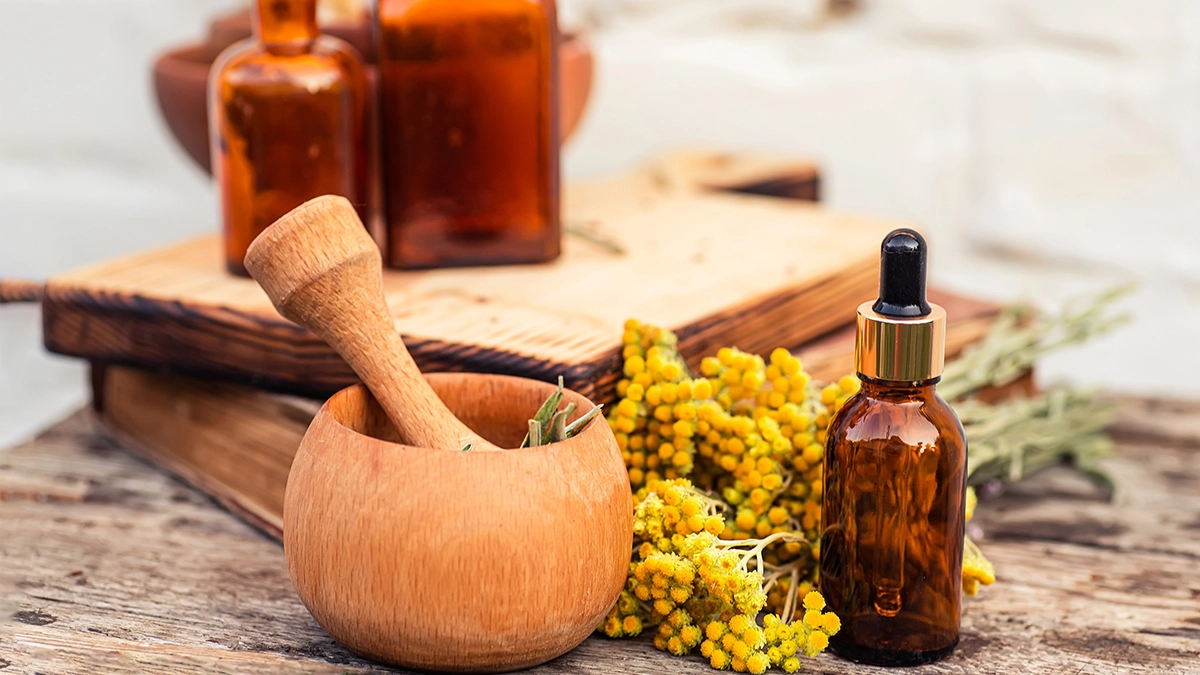
Essential oils are gaining popularity as a natural alternative for sun protection, particularly in complementing traditional sun creams. These volatile oils not only provide some level of SPF protection but also offer a range of other skin benefits, making them a valuable addition to any sun protection routine.
Many essential oils possess antioxidant properties that contribute to their effectiveness as natural sunscreens. For example, oils like Helichrysum and Myrrh are recognized for their sun protection properties, adding to their appeal in skincare. The antioxidant properties of these oils help neutralize free radicals caused by UV radiation, reducing the risk of sun damage and skin aging.
Nature’s Shield: The Science Behind Essential Oils in Sun Protection
There is scientific evidence suggesting that certain essential oils can offer some level of protection against ultraviolet (UV) radiation, including UVA rays. However, their effectiveness and Sun Protection Factor (SPF) levels vary, generally providing less protection than commercial sunscreens.
Lavender Essential Oil has antioxidant properties that may protect against UV-induced oxidative stress, but its effectiveness diminishes after UV exposure, indicating it should be used with other protective agents1.
Calendula and Geranium Essential Oils have been found to offer moderate sun protection, with Calendula showing an SPF of around 14.8 and Geranium about 6.5, making them useful in skincare formulations2.
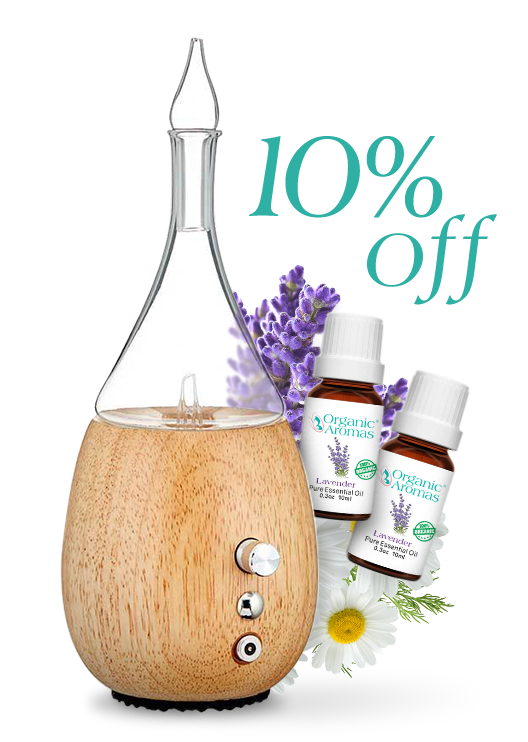
Join Now and Get a Coupon for 10% Off!
Myrrh (Commiphora myrrha) Essential Oil has demonstrated the ability to protect against squalene peroxidation, which is associated with skin aging from sun exposure, though it is less effective alone than commercial sunscreens3.
Peppermint Oil showed the highest SPF among the volatile oils tested, with an SPF value around 7, suggesting it may provide better UV protection than other essential oils4.
Helichrysum Extracts have also been shown to offer broad-spectrum UV protection and high photostability when included in sunscreen formulations, making them a promising natural ingredient in sun care products5.
Carrier oils such as coconut oil, olive oil, and almond oil are also often used in conjunction with essential oils to enhance their sun protection capabilities. These oils provide an emollient base that helps protect the skin from ultraviolet radiations causing sunburn while also offering nourishing and moisturizing benefits.
Beyond SPF protection, essential oils also soothe and heal the skin. Oils like lavender essential oil and peppermint oil can be added to homemade sunscreen formulations to provide additional soothing and cooling effects, enhancing overall skin health.
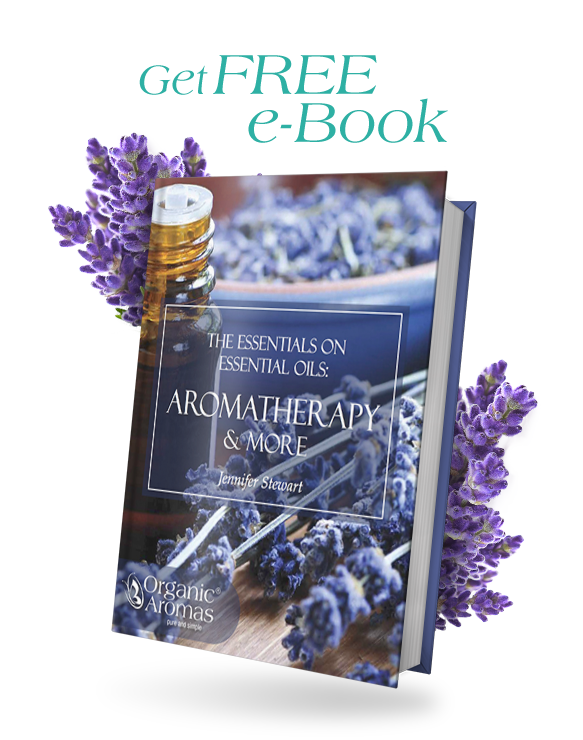
Sign Up to Get Your FREE
e-Book Here…
Top Carrier Oils for UVA Protection
When it comes to natural sun protection, not all essential oils are created equal. Some stand out for their superior UVA protection properties, making them ideal for integrating into your sun care routine. Among these, Red Raspberry Seed Oil (which is a carrier oil), Carrot Seed Oil(also a carrier), and Lavender Essential Oil are particularly noteworthy.
Each of these oils provides unique benefits for SPF protection and skin health. Let’s delve into why they are so effective in offering natural sun protection.
Red Raspberry Seed Oil
Red Raspberry Seed Oil is a powerhouse when it comes to natural sun protection. With an impressive SPF range of 28 to 50, it offers substantial UVB protection and enhances UV absorption rates. This makes it an excellent choice for those looking to boost their sun protection factor naturally.
Besides its high SPF value, Red Raspberry Seed Oil is rich in antioxidants that combat free radical damage caused by sun exposure. Blending it with other oils like Organic Pomegranate Seed Oil can further enhance its protective properties and provide a more comprehensive shield against UV rays.
Carrot Seed Oil
Carrot Seed Oil is a carrier oil also renowned for its natural sunscreen properties. With an SPF value of around 18.8, it provides effective protection against both UVA and UVB rays. This makes it a valuable addition to any natural sun protection regimen.
Carrot Seed Oil and Carrot Seed Essential Oil are not the same, though they are often confused due to their similar names.
Carrot Seed Essential Oil is steam distilled from the dried seeds of the wild carrot (Daucus carota). It is highly concentrated and primarily used for its therapeutic properties in aromatherapy and skincare. It has a potent, earthy aroma and is known for its antioxidant and rejuvenating properties.
Carrot Seed Oil (or Carrot Oil) is typically a carrier oil made by infusing carrot roots in a base oil, like olive or almond oil, or it may refer to the cold-pressed oil from carrot seeds. It is rich in beta-carotene, vitamins A and E, and is used primarily for its moisturizing and skin-nourishing properties.
Carrot Seed Oil is not only effective for sun protection but also renowned for its skin-nourishing properties. It helps rejuvenate the skin, making it look healthier and more vibrant. This dual functionality makes Carrot Seed Oil a must-have in your sun care arsenal.
Lavender Essential Oil
Lavender Essential Oil is well-known for its soothing and protective properties. With a moderate SPF value of 5, it offers some level of sun protection while also calming irritated skin. This makes it an excellent choice for post-sun exposure care.
The soothing nature of Lavender Essential Oil can help reduce the redness and irritation caused by sun exposure. Its gentle, calming effects are particularly beneficial for sensitive skin. Combining it with other essential oils can enhance its protective and healing benefits.
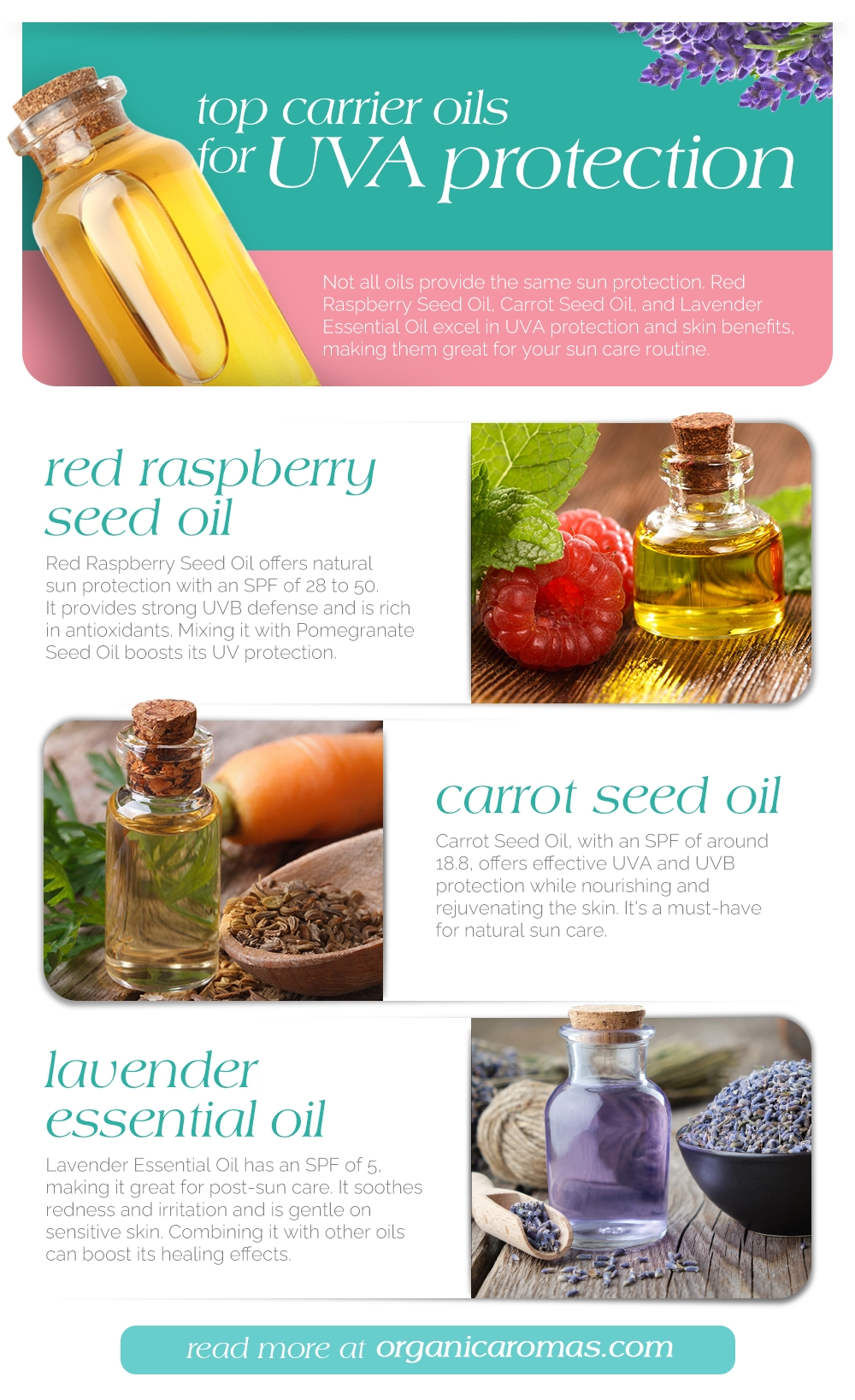
Combining Essential Oils with Carrier Oils
Combining essential oils with carrier oils maximizes their sun protection benefits. Carrier oils not only help dilute the potent essential oils but also offer additional SPF protection and skin benefits. Oils like coconut oil, olive oil, and jojoba oil are popular choices for this purpose.
Blending essential oils with carrier oils enhances their effectiveness. For instance, blending Organic Pomegranate Seed Oil and Organic Marula Oil can provide additional skin benefits beyond UVA protection, including hydration and nourishment. The combination of these oils creates a comprehensive sun protection solution that is both effective and gentle on the skin.
Tailor different oil blends for specific applications like facial or body sunscreens. Using a mixture of Jojoba Oil and Rosehip Seed Oil, for example, can provide a balanced blend suitable for facial application, while other combinations might be better suited for the body. This flexibility allows you to customize your sun protection to meet your specific needs.
DIY Natural Sunscreen Recipes

Creating your own natural sunscreen allows you to control the ingredients and avoid harmful chemicals often found in commercial products. One effective recipe involves melting together 1/2 cup each of olive oil, shea butter, coconut oil, and beeswax, then mixing in 1/2 cup non-nano zinc oxide and 20 drops of lavender essential oil.
Non-nano zinc oxide is a crucial ingredient as it forms a protective barrier on the skin without penetrating it, ensuring safe and effective sun protection. Essential oils like peppermint and maleluca can be added for additional benefits, such as insect repellent properties.
Homemade sunscreen should be reapplied frequently, especially after swimming or sweating, to maintain its effectiveness. While these DIY solutions empower you to take control of your skincare, they may not match the rigorous testing and protection levels of commercial sunscreens. This means that is important to be careful.
Additional Benefits of Essential Oils for Skin Health
Beyond their sun protection capabilities, essential oils offer a multitude of benefits for overall skin health. Many essential oils are known for their ability to nourish and repair damaged skin, helping to restore its natural health and vitality.
Certain essential oils also possess anti-inflammatory properties, making them effective in reducing skin irritation and inflammation. This is particularly beneficial after sun exposure, as it can help soothe and calm the skin. Lavender essential oil is especially noted for its calming effects, making it a great addition to any skincare routine.
The antioxidant properties of essential oils also combat signs of aging by reducing the appearance of fine lines and wrinkles.
Safety and Precautions When Using Essential Oils
While essential oils provide numerous benefits, using them safely is crucial. One of the most important steps is to consult with a healthcare provider before incorporating essential oils into your routine, especially if you have existing health conditions.
Topical application of essential oils typically requires dilution, as their concentrated nature can cause skin irritation if used undiluted. A general rule is to keep the concentration of essential oils below 5% when blending with carrier oils. Performing a patch test on a small area of skin can help you determine if you have any adverse reactions before applying the oil more broadly.
Certain essential oils should be avoided during pregnancy and around infants due to potential risks. Always consider factors such as age, health status, and medication use when incorporating essential oils into your skincare regimen. Also, it is important to note that your beloved furbabies and feathered friends may also be sensitive to essential oils.
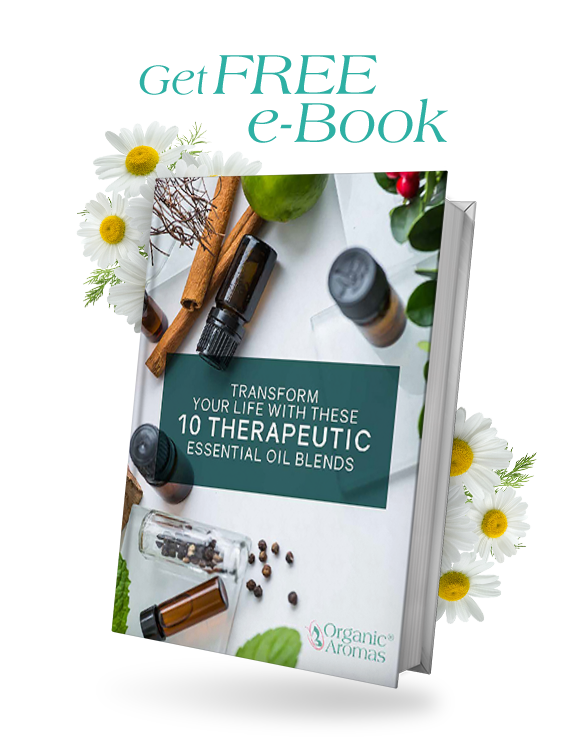
Sign Up to Get Your FREE Essential Oils e-Book Here
Holistic Approaches to Sun Protection
A holistic approach to sun protection involves integrating natural methods with conventional sunscreens. Essential oils can provide a low level of SPF protection, with values typically ranging from 1 to 8. While this might not be sufficient on its own, combining essential oils with other natural sun protection strategies can enhance overall skin health.
Incorporating holistic solutions such as wearing protective clothing, seeking shade during peak sun hours, and using natural sunscreens can provide comprehensive skin protection. Essential oils like lavender and peppermint not only offer sun protection but also provide additional skin health benefits, making them a valuable component of a holistic sun care routine.
Nebulizing Diffusers Are Useful
A nebulizing diffuser can enhance the therapeutic benefits of essential oils, improving your environment and personal well-being. This holistic approach ensures that you can potentially protect your skin from UV damage while also promoting overall health and wellness.
Sun-Kissed Safety: Your Final Word on Essential Oils for UVA Sun Protection
In conclusion, incorporating essential oils into your sun protection routine offers a natural and holistic approach to safeguarding your skin. While carrier oils like Red Raspberry Seed Oil and Carrot Oil provide valuable SPF protection, it’s important to recognize that true essential oils, such as Lavender, Calendula, Geranium, and Myrrh, bring additional benefits through their antioxidant properties and potential to combat UV-induced oxidative stress.
Blending these essential oils with carrier oils can enhance their protective effects, creating a more comprehensive defense against the sun’s harmful rays while also nourishing your skin. However, remember that DIY solutions should be part of a broader sun care strategy, including conventional sunscreens and protective clothing.
By embracing a holistic approach to sun protection that integrates the best of nature’s offerings, you can enjoy the benefits of natural skincare while protecting your skin’s health and vitality under the sun. Let these natural wonders be your ally in maintaining radiant, protected skin all year round.

Join Our Exclusive Member Club to get Big Discounts!
Frequently Asked Questions
What are the best essential oils for UVA protection?
While Red Raspberry Seed Oil and Carrot Oil are beneficial for natural sun protection, they are actually carrier oils, not essential oils. True essential oils that offer UVA protection include Lavender Essential Oil, Calendula Essential Oil, Geranium Essential Oil, and Myrrh (Commiphora myrrha) Essential Oil. These essential oils possess antioxidant properties that can help protect the skin from UV-induced damage. Incorporating these oils into your skincare routine, especially when blended with carrier oils, can enhance your overall sun protection strategy.
How should essential oils be used for sun protection?
Essential oils should be diluted with carrier oils before applying to the skin, and can be incorporated into homemade sunscreen formulations for enhanced protection. This approach can help you achieve both hydration and a degree of sun defense.
Are homemade sunscreens as effective as commercial products?
Homemade sunscreens may not provide the same level of effectiveness and protection as commercial products due to a lack of rigorous testing. Care and reapplication is essential for any sunscreen to maintain its protective benefits.
Can essential oils be used by everyone?
Essential oils may not be suitable for everyone, particularly individuals with health conditions, pregnant women, infants and pets. It is advisable to consult a healthcare provider (or vet) and perform dilution and patch testing before use.
What additional benefits do essential oils offer besides sun protection?
Essential oils offer additional benefits such as hydration, anti-inflammatory properties, and anti-aging effects, contributing to overall skin nourishment. These qualities enhance skin health beyond basic sun protection.
- Angelo, G., Lorena, C., Marta, G., & Antonella, C., 2014. Biochemical Composition and Antioxidant Properties of Lavandula angustifolia Miller Essential Oil are Shielded by Propolis Against UV Radiations. Photochemistry and Photobiology, 90.
- Lohani, A., Mishra, A., & Verma, A., 2018. Cosmeceutical potential of geranium and calendula essential oil: Determination of antioxidant activity and in vitro sun protection factor. Journal of Cosmetic Dermatology, 18, pp. 550 – 557
- Auffray, B., 2007. Protection against singlet oxygen, the main actor of sebum squalene peroxidation during sun exposure, using Commiphora myrrha essential oil. International Journal of Cosmetic Science, 29.
- Kaur, C., & Saraf, S., 2010. In vitro sun protection factor determination of herbal oils used in cosmetics. Pharmacognosy Research, 2, pp. 22 – 25.
- Jarzycka, A., Lewińska, A., Gancarz, R., & Wilk, K., 2013. Assessment of extracts of Helichrysum arenarium, Crataegus monogyna, Sambucus nigra in photoprotective UVA and UVB; photostability in cosmetic emulsions.. Journal of photochemistry and photobiology. B, Biology, 128, pp. 50-7 .

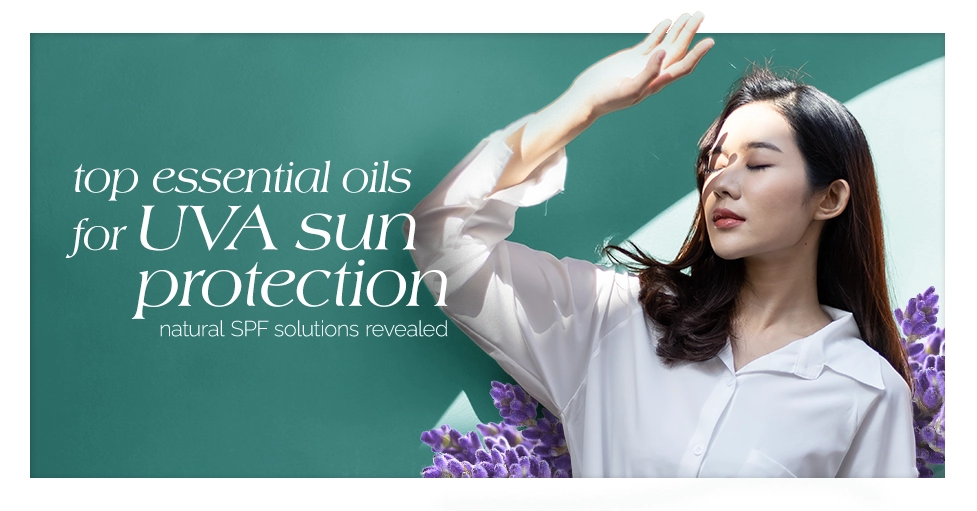
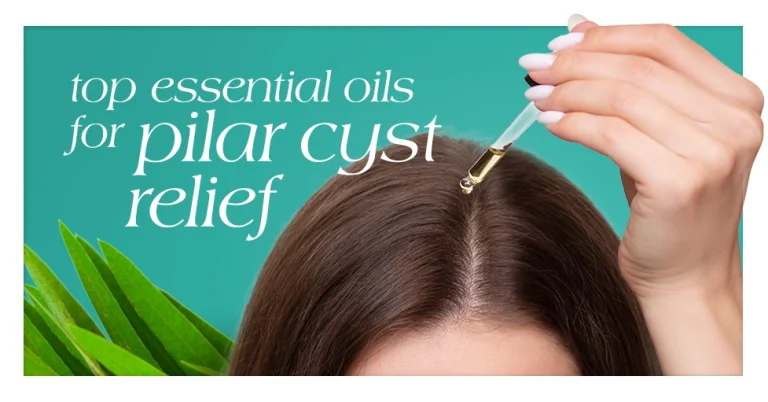
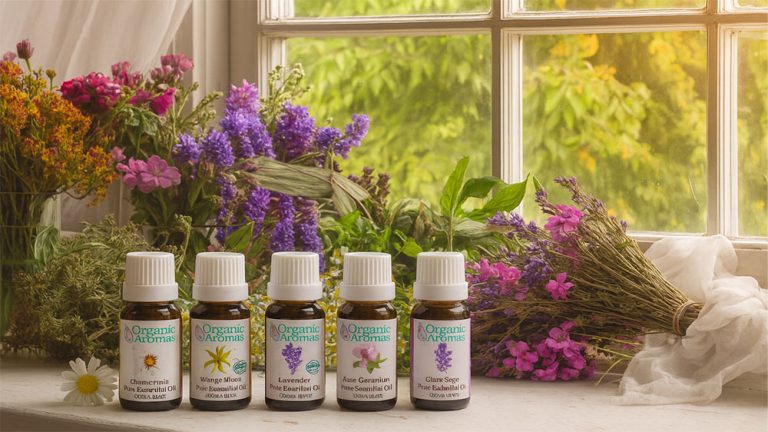
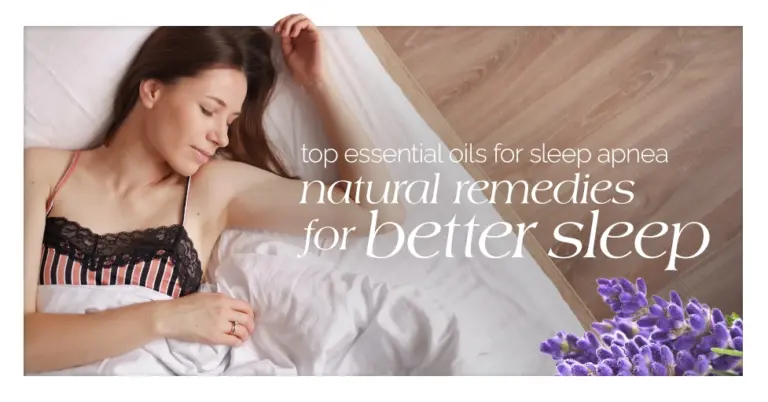
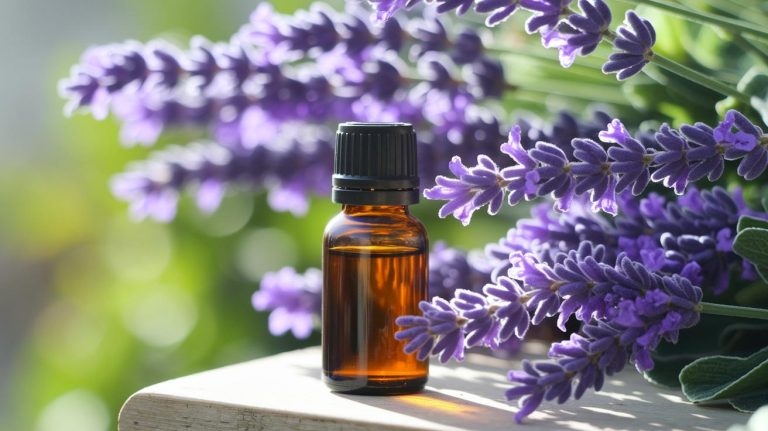
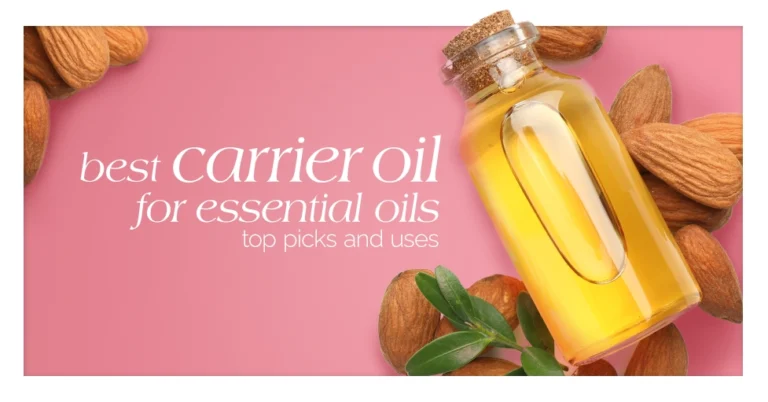
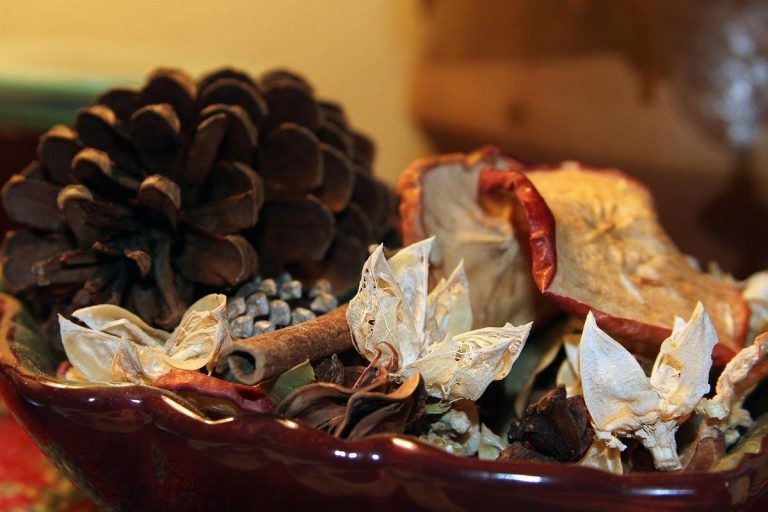
Very interesting